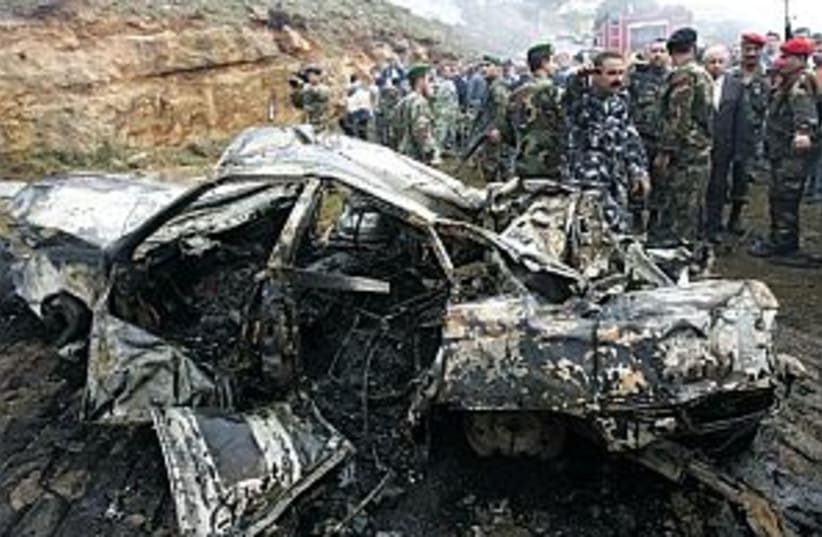| More about: | Syria, Walid Jumblatt, Ariel Sharon, Rafic Hariri |
Syria denies involvement in recent hit
Prominent anti-Syrian journalist Gibran Tueni killed in latest Beirut bombing.


| More about: | Syria, Walid Jumblatt, Ariel Sharon, Rafic Hariri |